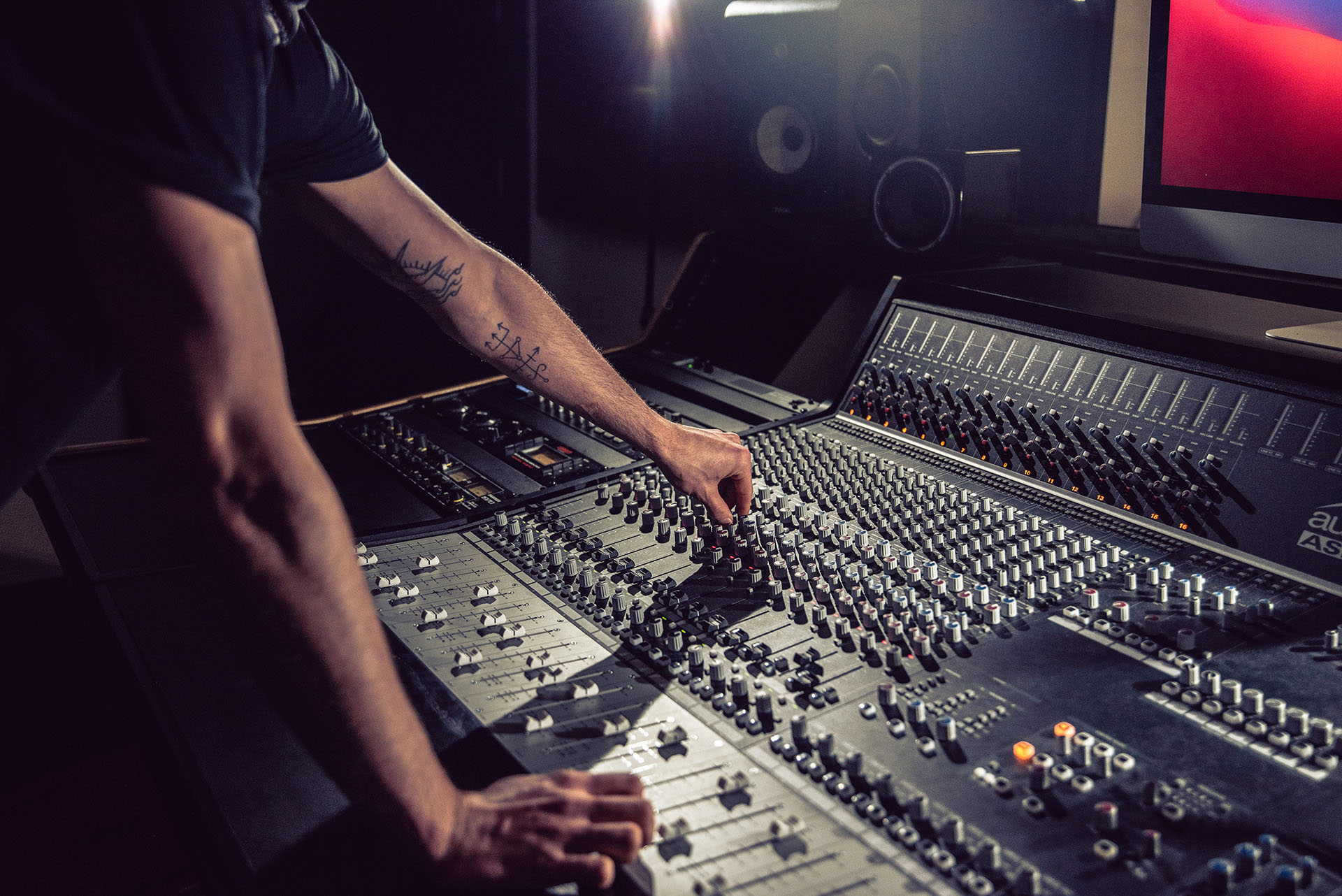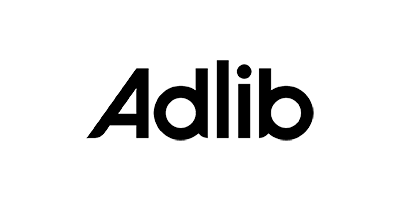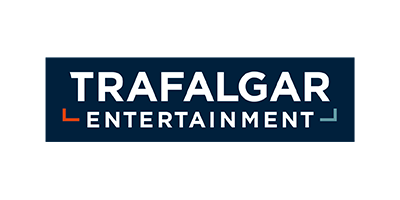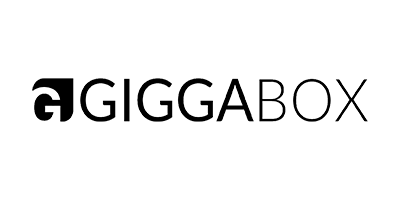Entry Requirements
No formal entry requirements
Qualifications
Level 4 Assistant Recording Technician
Duration
This apprenticeship will typically last 24 months.
Apprentices will gain experience in these areas within their workplace (typically a recording studio environment), engaging with online sessions, and taking part in in-person studio workshops at Access Creative College’s high spec recording facilities.
Apprentices will be prepared to carry out a real-world recording project at end-point assessment, and guides and supports the development of a portfolio throughout the apprenticeship.
Entry Requirements
Knowledge, Skills and Behaviours
- Audio equipment set up requirements to meet differing recording specifications and its final application.
- How to use software to edit and mix sound.
- How to regulate volume levels and the impact on sound quality.
- How to minimise unwanted sounds.
- Audio dynamics of the studio and how this impacts on the quality of the recording, what different items of audio equipment are for, their functions and ideal uses, and in what situations they should be deployed.
- Different types of microphones and the situations in which they could be used to best effect.
- How to set up inputs and outputs on the mixing console and its impact on the final sound (including pre-amp, EQ, pan/mute and fader)
- How to mix input sound signals and send them to the outputs (aux sends, subgroups and main mix).
- Procedures to identify and diagnose problems with audio equipment and common solutions for their resolution.
- When to refer issues with equipment to a technician for repair/maintenance.
- Boundaries of responsibility in regard to recording sessions.
- How the set-up of the studio is impacted by the type of music/sound being recorded and its final application.
- How to identify studio equipment and integrate with client’s own equipment. The set up and operation of recording software and hardware protocols.
- Inputs and outputs assignment and how to set these up on equipment.
- The protocols for labelling and documenting channels.
- Back up procedures for digital sound files and sound library requirements.
- How the security of sound files and physical assets on site can be protected.
- How credits are assigned and the implications this has upon the recording.
- How to collaborate with producers and performers.
- How the requirements of different media can vary according to where the sound recording will be used (e.g. tv/film, computer games).
- Establish editor, producer and client requirements.
- Determines hardware and software needed to achieve the sound specification.
- Set up the studio and equipment to meet the sound brief. Takes into account acoustics to produce the best quality outputs tailored to the purpose.
- Positions microphones, sets up amps and sound levels.
- Reviews the effectiveness of the setup and adjusts equipment to achieve the required specification and quality.
- Evaluates information and makes recommendations, for different sound requirements.
- Supports stakeholders preparing for and during the live recording and maintains client relationships.
- Sets up and assists with the operation of the mixing console.
- Balances and adjusts sound sources using equalisation and audio effects, mixing, reproduction, and reinforcement of sound.
- Plans work in a methodical way to ensure the efficiency of the recording session and takes into account competing priorities.
- Balance the differing needs required by clients and the priorities of the organisation/studio.
- Manage the security and format of different types of sound files.
- Uses problem solving techniques to diagnose equipment faults/issues
- Escalates faults/issues when they are outside the levels of their own responsibility.
- Implements solutions to address equipment faults in a live environment to ensure the continuing running of the recording session. Considers cost and artist requirements when implementing the solution.
- Produce records related to the set-up of the studio and particular equipment for future reference/ continuous improvement and to ensure repeatability.
- Log when credits may be due to self or other individuals involved with the recording.
- Synchronises audio with other mediums/ productions.
- Restore work area and store equipment maintaining equipment integrity and to ensure the condition of the equipment is not compromised.
- Monitor the maintenance requirements of electrical equipment in line with company procedures.
- Consider the frequency of checks required, the inspection requirements and testing needed.
- Complies with statutory and organisational health & safety regulations and policies.
- Supports stakeholders preparing for and during the live recording and maintains client relationships.
- Follow protocol to correctly label file names and archive the different mixes and multitrack recordings for easy retrieval.
- Champions the importance of adherence to the organisation’s Environmental, Health and Safety
management systems. Actively displays and promotes a safety first culture within the organisation. - Operates in a systematic, proactive and transparent way.
- Keeps abreast of developments in emerging technologies and actively promotes the use of new technologies to optimise performance.
- Takes full responsibility for own professional development, seeking opportunities to enhance knowledge, skills and experience.
- Accepts responsibility for their workload with a responsible approach to risk.
- Demonstrates a high level of motivation and resilience when facing challenges.
- Sensitive to the needs of artists. Creates and maintains positive, professional, trusting and ethical working relationships with their team and the wider range of internal, external and connected stakeholders.
- Acts professionally with a positive and respectful attitude.
Where do you see yourself?


An Assistant Recording Engineer works with Recording Engineers and Producers to record music and audio in studios or on location, helping with gear preparation and transport, client admin and more.
Mixing Engineers are responsible for combining all elements of a recording into a final version, balancing each recorded part to achieve a strong final piece
.





